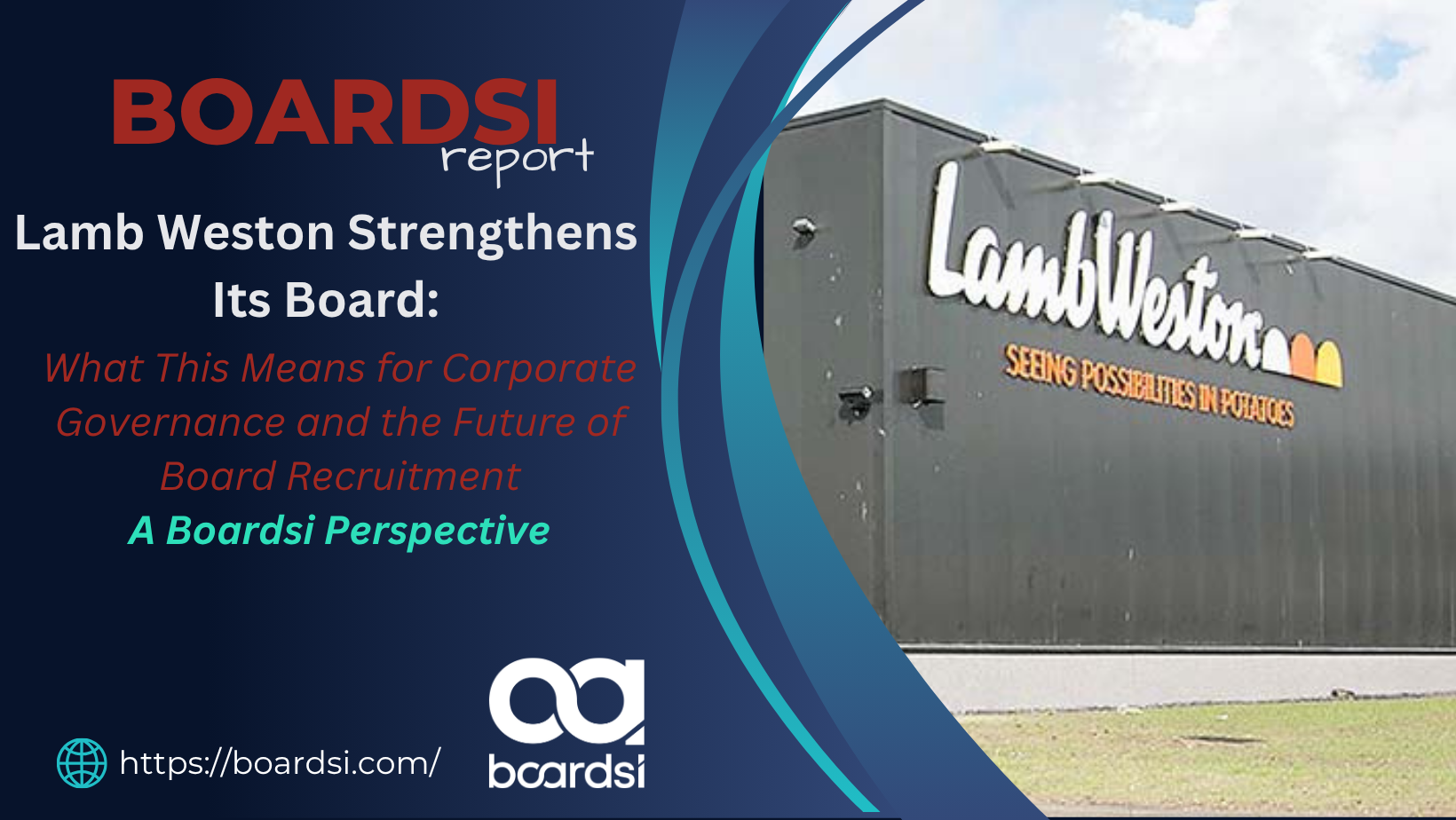In today’s global landscape, the chorus for environmental consciousness and ethical business practices reverberates louder than ever. Forward-thinking board members find themselves at the vanguard of a monumental shift. With an intense focus on sustainability and the triad of Environmental, Social, and Governance (ESG) considerations, these leaders are redrafting the corporate playbook, underscoring a commitment that transcends mere profit margins.
Acknowledging the ESG Imperative: In an age where the repercussions of corporate actions on our planet and society come under intense scrutiny, board members at the forefront understand the undeniable imperative of ESG. They realize that businesses can no longer function in isolation, divorced from their environmental and societal impacts. ESG commitments are now at the heart of strategic decision-making, steering organizations toward responsible and conscientious growth.
Moving Beyond Profit: Creating Value for the Long Term: Boardroom visionaries comprehend that sustainable practices are intertwined with value creation. By ingraining ESG principles into the fabric of their organizations, these leaders ensure that their strategies align with broader societal interests, cultivating goodwill and fortifying long-term resilience. ESG commitments chart a course towards enduring financial returns that endure the test of time.
Driving Societal Impact: Sustainability and ESG commitments transcend mere catchphrases; they signify a transformative paradigm in business leadership. Board leaders grasp the ripple effects of their decisions, extending far beyond financial statements. By advocating for initiatives that prioritize employee welfare, community engagement, and environmental preservation, they contribute to a positive societal impact that resonates well beyond the confines of the boardroom.
Mitigating Risks, Ensuring Endurance: ESG considerations are not only a moral imperative but also serve as a strategic tool for mitigating risks. Visionary leaders understand that organizations disregarding sustainability risks encounter damage to their reputation, regulatory hurdles, and heightened vulnerability. By proactively addressing ESG concerns, board members fortify the organization’s capacity to weather storms and sustain resilience amidst uncertainties.
Fostering Stakeholder Confidence: As custodians of corporate governance, board leaders comprehend the paramount importance of transparency and accountability. By adopting robust ESG reporting mechanisms, they empower stakeholders, investors, and consumers to make informed decisions founded on a comprehensive understanding of the organization’s impact. This transparency nurtures trust and elevates the organization’s standing.
The clarion call for board leadership resounds loud and clear: sustainability and ESG commitments are not merely commendable endeavors but fundamental pillars of a thriving business strategy. Boardroom trailblazers grasp that by integrating these principles into the organization’s core, they forge a legacy of positive transformation. They pave the path for a future where business success intertwines with environmental stewardship, social responsibility, and ethical governance. These leaders guide organizations toward a more sustainable and equitable world, showcasing that profitability and societal impact can harmoniously coexist—an affirmation of the potency of visionary leadership.
Source: Leadafi









